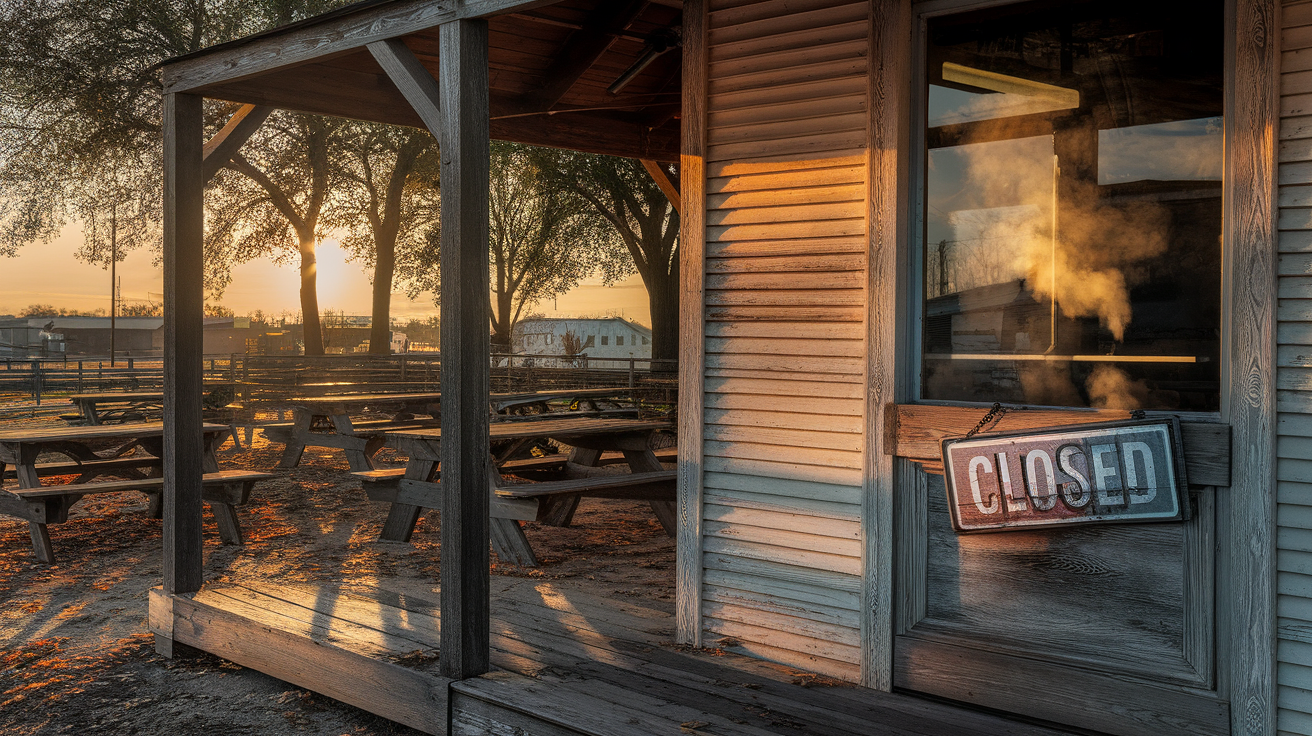In the bustling food scene of Fort Worth, Texas, a beloved landmark is fading away. Cat City Grill, the cozy steakhouse that has served up juicy ribeyes and warm memories for 15 years, announced it will close its doors for good.
Owners Mike and Lisa Ramirez, who poured their hearts into the place since 2010, shared the sad news with heavy hearts. "We've fought hard, but the numbers just don't add up anymore," Mike told local reporters.
The last day of service is set for the end of the month, leaving regulars like longtime customer Sarah Jenkins wondering where they'll go for their Friday night traditions.
The trouble started with skyrocketing beef prices, which have jumped over 20 percent in the past year alone, according to data from the U.S. Department of Agriculture. Blame it on supply chain snags, droughts hitting cattle farms, and global demand pushing costs higher.
Add in changing dining habits, where folks are opting for quicker, cheaper meals at home or fast-casual spots, and the post-pandemic economy hasn't helped. Many small restaurants are still recovering from shutdowns, with rising rents and labor costs adding to the squeeze.
Cat City Grill isn't alone; industry reports from the National Restaurant Association show that thousands of independent eateries across the U.S. have shuttered since 2020, unable to keep up.
This closure shines a spotlight on the tough realities facing local food joints everywhere. Places like Cat City Grill aren't just about the food; they're community hubs where families celebrate birthdays, couples share dates, and friends catch up over sizzling steaks.
Fans rave about the grill's signature mesquite-smoked brisket and friendly vibe, which turned strangers into regulars. But critics point out that steakhouses like this one rely on premium ingredients that are getting pricier by the day.
Some say owners should adapt by tweaking menus or going plant-based, while others argue that's not fair to traditions built on classic Texas barbecue.
Experts weigh in on the bigger picture. Food economist Dr. Robert Chen from Texas A&M University notes, "Beef prices are tied to global markets, and small businesses feel the pinch first."
He cites studies showing how chains like Outback Steakhouse can absorb costs better through bulk buying, leaving independents in the dust.
Yet, supporters of local spots, including groups like the Independent Restaurant Coalition, push for government aid, such as subsidies or tax breaks, to level the playing field.
On social media, debates rage: One side cheers for innovation, saying diners should evolve with the times, while the other mourns the loss of cultural staples.
At the core of this story lies a divisive question: Should everyday diners pay premium prices to keep cherished local restaurants alive, or is it smarter to shift to affordable alternatives, even if it means waving goodbye to neighborhood favorites?
This choice pits nostalgia against practicality, and as more places like Cat City Grill fade, communities must decide what they're willing to sacrifice.
For now, Fort Worth foodies are planning one last hurrah, toasting to memories while pondering the future of their dining landscape.

